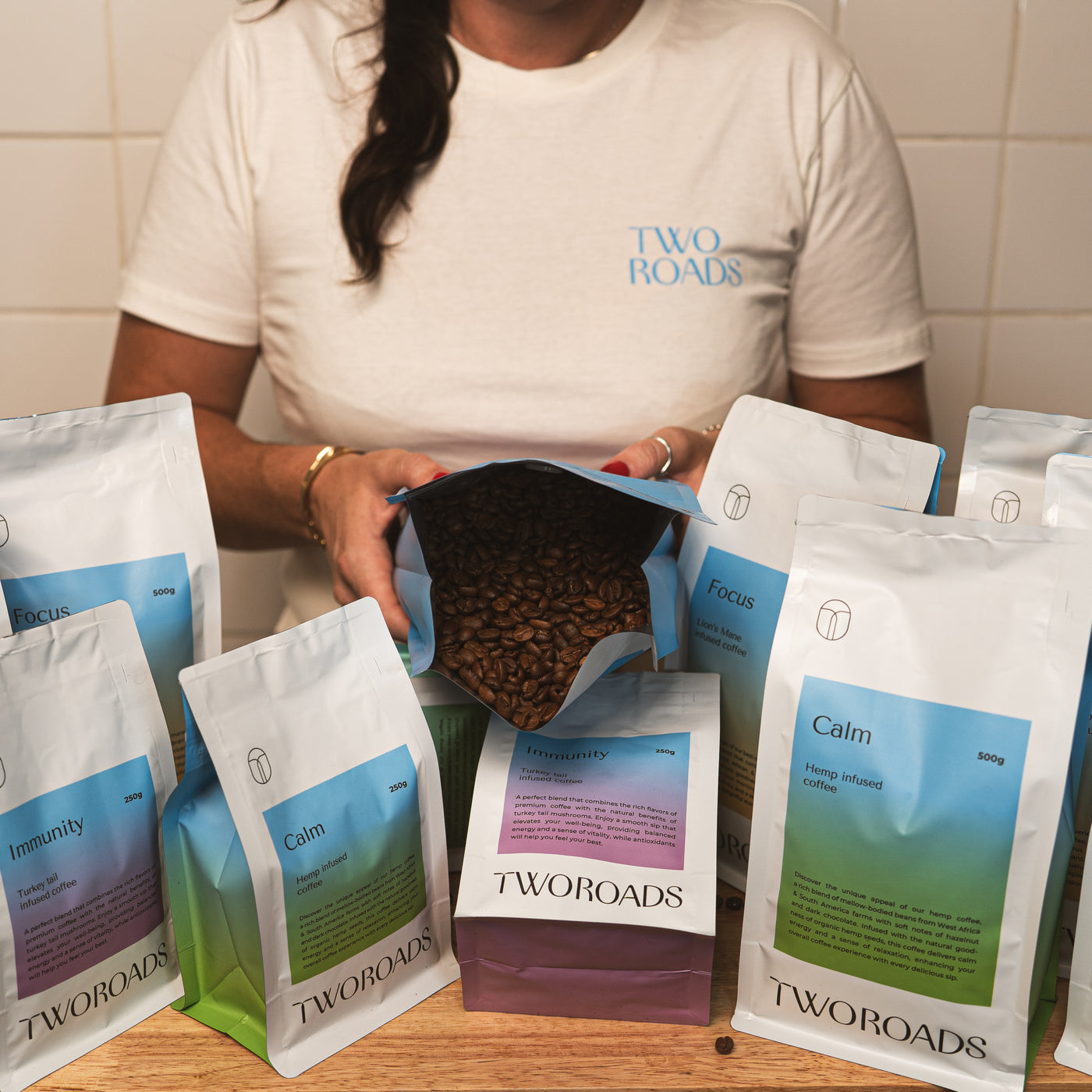Hemp seed oil and CBD (cannabidiol) are two distinct products derived from the hemp plant, and they have different compositions and uses. Let's explore the differences between hemp seed oil and CBD:
Composition
CBD (Cannabidiol): CBD is a naturally occurring compound found in the flowers, leaves, and stems of the hemp plant. It is one of the many cannabinoids present in hemp. CBD is obtained through various extraction methods, and it is typically mixed with a carrier oil (such as coconut or hemp seed oil) to create CBD oil products. CBD oil can contain other beneficial compounds from the hemp plant, including other cannabinoids (like THC, but in trace amounts), terpenes, and flavonoids.
Hemp Seed Oil: Hemp seed oil, as the name suggests, is extracted solely from the seeds of the hemp plant. It does not contain any cannabinoids like CBD or THC. Hemp seed oil is rich in essential fatty acids, such as omega-3 and omega-6, and it also contains vitamins, minerals, and antioxidants.
Health Benefits
CBD (Cannabidiol): CBD is known for its potential therapeutic effects. It interacts with the body's endocannabinoid system, which plays a role in regulating various physiological processes, including pain perception, mood, immune function, and more. CBD has been studied for its potential to help with anxiety, stress, pain management, sleep issues, and inflammation. However, it's important to note that CBD is not a cure-all, and individual responses may vary.
Hemp Seed Oil: Hemp seed oil is primarily valued for its nutritional content. The balance of omega-3 and omega-6 fatty acids in hemp seed oil is beneficial for heart health, and it can help support skin health and promote a healthy inflammatory response. While hemp seed oil is nutritious, it does not offer the same potential therapeutic effects as CBD.
Legality
CBD (Cannabidiol): As of December 2021, Australia has legalised CBD, but with strict regulations limiting its dosage and accessibility. The Therapeutic Goods Administration (TGA) reclassified CBD as a Schedule 3 medicine, making it available over the counter without a prescription. However, as of 2023, no stores in Australia have received approval to stock CBD oil or other hemp-based cannabis derivatives such as CBN or CBG. This means that despite the legal status, obtaining CBD products remains a challenge for consumers in Australia.
Hemp Seed Oil: Hemp seed oil is legal and widely available in most regions since it does not contain cannabinoids like CBD or THC.
Usage
CBD (Cannabidiol): CBD oil is typically consumed orally, either by placing drops under the tongue or incorporating it into food and beverages. It is also available in various forms such as capsules, edibles, topicals, and more.
Hemp Seed Oil: Hemp seed oil is primarily incorporated into food and beverages. It is also used in skincare products due to its nourishing and moisturizing properties.
In summary, while both CBD and hemp seed oil come from the hemp plant, they are different in terms of their composition, health benefits, legality, and usage. Our coffees are infused with 100% locally grown hemp seed oil, however watch this space for CBD infused coffee as CBD becomes more readily accessible in Australia...

